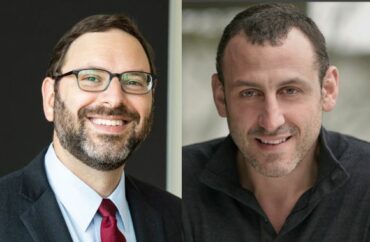
Policy idea stems from harms of ‘COVID school closures’
“A family of four should have four votes, not two,” according to two legal scholars who advocate for allowing parents to vote for their kids.
Stephen Sachs, a Harvard Law School professor, and Joshua Kleinfeld, professor at Northwestern University Pritzker School of Law, made the arguments recently in an academic journal.
They wrote in the Notre Dame Journal of Law that parents should get additional votes for each child. Both also teach at George Mason University’s law school.
Sachs (pictured, left) shared further insights on the idea with The College Fix.
“We started thinking seriously about it because of the COVID school closures, which dramatically demonstrated the political powerlessness of children,” Sachs told The Fix via email.
“The hope in writing this paper was to work out the philosophical foundations and legal mechanics of the idea to bring it closer to reality,” Sachs said.
Sachs and Kleinfeld wrote in their article, “[I]n policy contexts that put children’s interests particularly at stake, children lose. And there’s a simple explanation why. ‘Kids don’t vote,’ and their parents can’t vote for them.”
“American policy is observably and significantly distorted by the political weakness of children, whose interests aren’t adequately defended at the poll,” they wrote.
This idea is not original to Sachs and Kleinfeld (pictured, right) but has been proposed by J.D. Vance as a “thought experiment.” Left-leaning Professor Cornel West, who is running for president, has also previously backed the idea.
However, a Rutgers University professor who supports children voting, disagrees with the idea.
“Their proposal is a very old one, dating back at least to 1848 when it was proposed as part of the new Second French Republic,” John Wall told The Fix via email. He studies “political philosophy and children’s rights,” according to his biography for the Childism Institute, a Rutgers-affiliated think tank.
“The problem is that this notion is highly paternalistic. It assumes that parents can represent the views of their children even on basic political preferences,” Wall said.
Wall said “children themselves from birth should have their own right to vote.”
According to Wall, children voting would positively affect society.
He told The Fix:
Politicians would be forced to respond not just to adults, who are currently the only members of societies who can vote them out of office, but also to children, which would likely make policies more responsive on issues such as climate regulation, school funding, anti-poverty measures, health care, gun control, and much else.
Sachs, the Harvard law professor, told The Fix proxy voting, as opposed to children voting, would encourage more family-oriented policies.
“Politicians chase votes, and right now kids don’t vote. Having children represented means politicians will worry about their interests more,” he said. “That gives both parties a real interest in family-friendly policies, in taking future interests as seriously as present ones when it comes to economic and environmental decisions, and generally in not letting children be neglected when different interest groups are under consideration.”
MORE: California public universities ban encampments, masks
Sachs offered The Fix solutions to the most common pushback he has received.
While some people worry parents will use additional votes for their own interest instead of their kids, Sachs explained that “the choice isn’t between parents or some imaginary perfect representative.”
“Children are already counted whenever we assign electoral votes or seats in Congress,” he said. “Their voting power currently is wielded by random adults in their states and districts. Parents may not be perfect, but they know more about their kids and their needs than total strangers do.”
Sachs and Kleinfeld wrote in their article, “[O]ur proposal recognizes that these other citizens exist, that they matter politically, and that their interests are better represented by the people closest to them than by strangers”
“It isn’t about extra votes, but extra people.”
MORE: ‘Sexism’ drives Harris opponents, scholars say
IMAGES: Harvard Law School; George Mason University Antonin Scalia Law School
Like The College Fix on Facebook / Follow us on Twitter

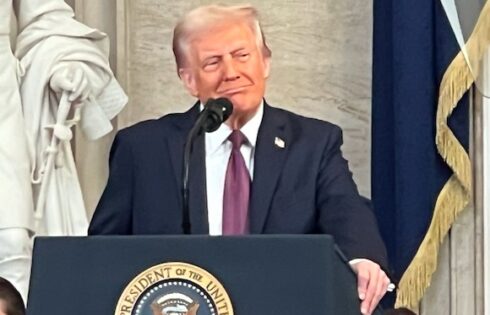
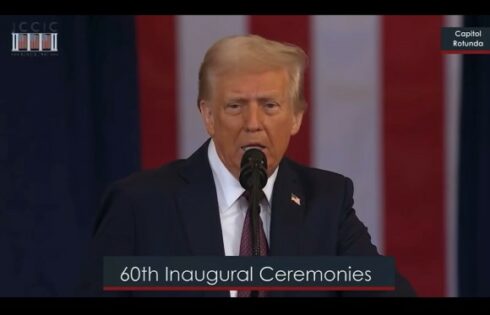

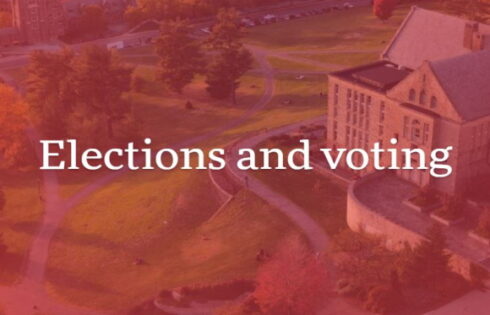
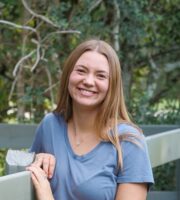
Please join the conversation about our stories on Facebook, Twitter, Instagram, Reddit, MeWe, Rumble, Gab, Minds and Gettr.